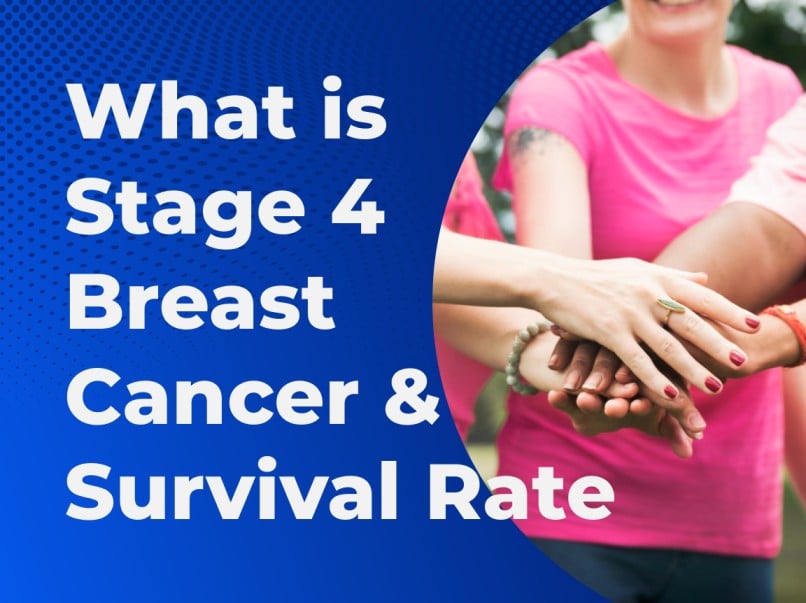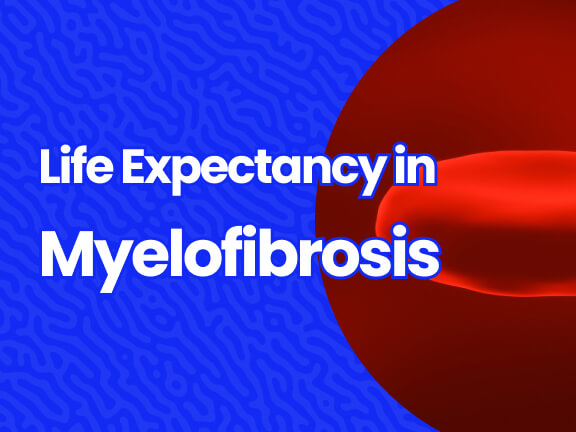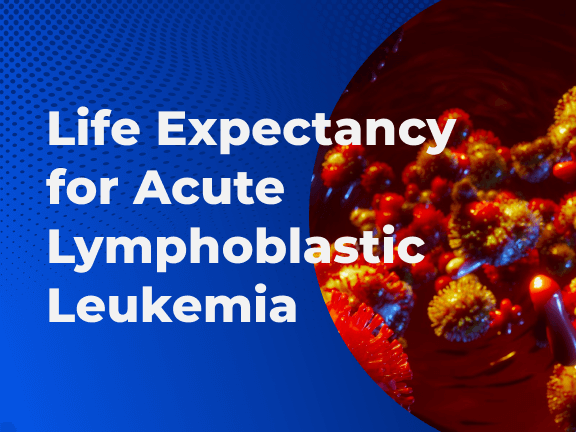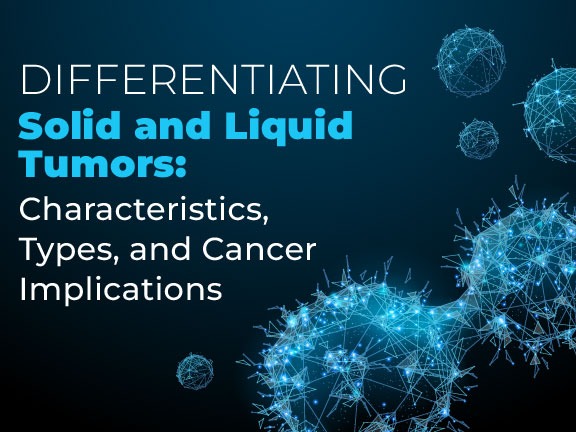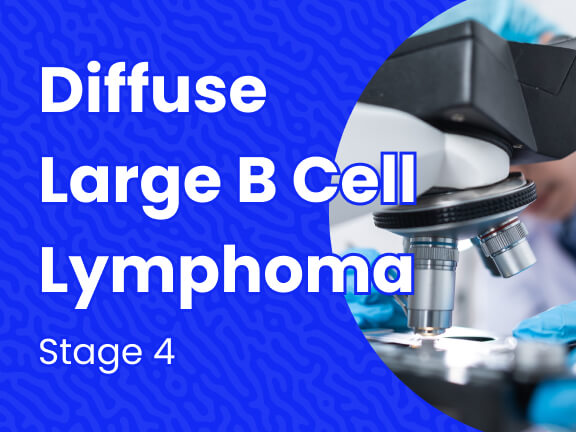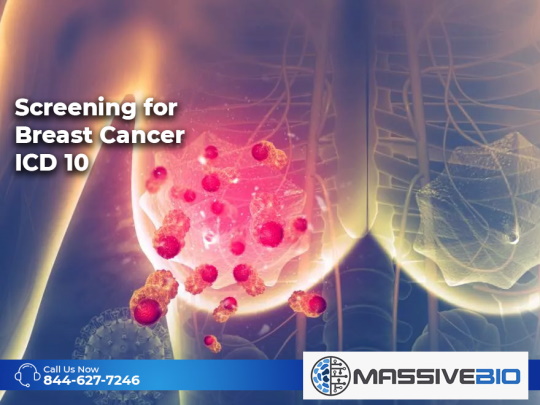Can you fight cancer with a fork? Scientists have been studying the link between diet and cancer for decades. While no single food or nutrient has emerged as the ultimate defense against malignancies, plenty of research indicates that making the right choices when you tuck in your bib can help guard against cancer and give you a boost if you’re currently receiving treatment, including several recent studies.
For example, in a 2022 paper published in the journal Menopause, researchers found clues that women who eat plenty of fish may also gain some protection against breast cancer. In the study, 1,589 women in China with breast cancer were asked to describe their diets in great detail, as were 1,621 similarly aged women who didn’t have breast cancer. The study showed that women who consumed the most fish had a 32 percent reduced risk for breast cancer compared to those who ate the least.
The authors of the study suspected that the omega-3 polyunsaturated fatty acids in fish may protect against breast cancer and some other cancers, possibly by reducing inflammation. There are well-established reasons to include more fish in your diet, such as lowering your risk for heart disease and keeping your weight under control, so swapping a cheeseburger for a salmon filet is a no-lose exchange.
And how about some broccoli with that salmon? The cruciferous vegetables are another group of foods that have garnered great interest from cancer researchers. They include not only broccoli, but also vegetables such as arugula, Brussels sprouts, cabbage, cauliflower, kale, turnips, and others. Scientists have determined that compounds in cruciferous veggies seem to rev up a gene called P53, which is one of several tumor suppressor genes in the human body. The job of P53 and its mates is to control cell division and repair DNA, which helps quash the rise and spread of cancerous tumors. (Being born with mutations in P53 increases the risk for gastric, small intestine, colon, liver, and pancreatic cancers.) Studies have found that people who eat a lot of broccoli and other cruciferous foods have reduced risks for prostate, breast, colorectal, and lung cancers.
However, rather than focusing on single “magic foods” to fight cancer, it may make more sense to adopt a general pattern of healthy eating, say scientists who study diet and cancer. For instance, there’s intriguing research suggesting that vegetarian or vegan diets shield against many forms of malignancies. Some of the most-persuasive studies have involved members of the Seventh Day Adventist Church, many of whom are vegetarian; those who eat meat, tend to do so sparingly.
In a 2020 study in the journal Cancer, researchers found that cancer rates were 30 percent lower among Seventh Day Adventists compared with the general U.S. population, while rates of premature death from any cause were 33 percent lower. It’s difficult to draw conclusions from studies like this because the lower cancer and death rates among Seventh Day Adventists are likely influenced by various factors—very few of them smoke tobacco, for instance, and they exercise more than other Americans, too. But the authors of the study argued that diet likely plays an important role in the Seventh Day Adventists’ lower cancer risk.
Other research has linked plant-based diets to lower cancer risk, which appears to be due to what they include, and don’t include. For starters, fruit and vegetables are rich in cancer-fighting compounds such as antioxidants, which latch onto and disarm harmful molecules called free radicals that can damage healthy cells and promote disease, including cancer. If you’re eliminating meat, you’re probably consuming more grains, preferably whole grains, which are an excellent source of dietary fiber. A 2022 review in Nutrition and Cancer found that people who consume the most fiber are about 25 percent less likely to develop colorectal cancer than people who eat the least, while research also suggests that eating lots of roughage can limit the risk of some other cancers. There are additional chemicals in plant foods that probably protect against cancer, too, though they’re less well understood.
Plant-based diets also lack some elements that make the typical American diet so unhealthy. They tend to be low in calories, for one thing, which helps you stay trim—and obesity is a known risk factor for many types of cancer. They also limit or omit meat, and diets that are rich in steaks, chops, and especially processed meats such as deli ham and salami are associated with colorectal and other forms of cancer.
You don’t have to give up meat entirely to adopt a plant-based diet—simply eat modest portions, and not every day, while filling your dinner plate with vegetables and healthy grains. If you need some guidance on reducing your meat intake and including more healthful foods in your meal plan, read up on the Mediterranean diet, which includes little meat or junk food, but plenty of fish, fruit, vegetables, nuts, and olive oil. Not only has it been shown to reduce the risk for heart disease and stroke, but research also indicates that it’s a cancer fighter, too.




